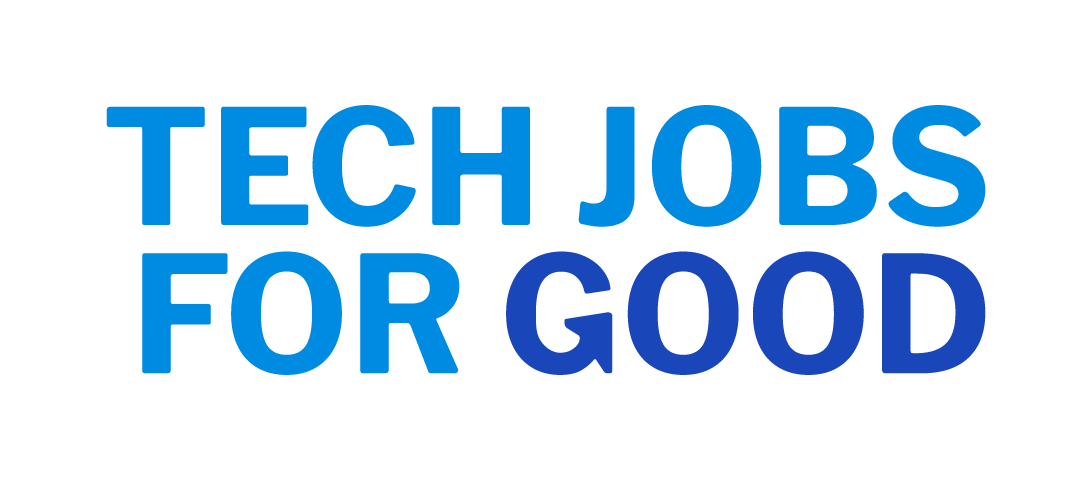Date & Time
Dec. 2, 2025, 1 p.m. - Dec. 2, 2025, 2 p.m.
Cost
$0
Location
Online

Dec. 2, 2025, 1 p.m. - Dec. 2, 2025, 2 p.m.
$0
Online
Join us online for a second series of City Design in Conversation. Hosted by Dubravka Sekulić, Head of Programme for City Design MA, the series will explore MINORPLANNING; practices of designing the city that support liberation and empowerment of those who live and struggle in the cities.
Refusing abstraction of masterplanning through spreadsheets, we will talk with those whose work shows us a way forward, who work within and outside the system to empower those who already live and work to be in better control of their future, which is always at danger by being erased from large scale urban development and other processes of dispossession.
Against the backdrop of destruction both by war and reconstruction, climate collapse, and intersecting and compound injustices that add further pressure on the existing built environment, it is urgent to rethink how we design cities and what are new forms of spatial practice and spatial practitioners.
At the City Design MA we are committed to holding space to both bold and quiet proposals that challenge disciplinary status quo and can bring the discipline into the future.
Understanding that how we live, individually and collectively, is framed through what we can do in physical space, this urgency is not only professional but societal. Exploring how night life policy planning, repair as liberation, transformation of vacant and underused buildings into lifehouses, moratorium on new construction, civic assemblies and forums design cities otherwise, we will virtually cross different geographies to study.
Together, we are going to explore ways of building more just, equitable cities, which work as a support system for all its inhabitants, both humans and non-humans, to not only survive, but thrive.
In City Design in Conversation Vol. 2 MINORPLANNING will welcome Iva Čukić, Olympia Kazi, Khaldun Bshara, Charlotte Malterre-Barthes, Adam Greenfield, Vyjayanthi V. Rao (TBC), and UNIT 38. .
Further sessions and speakers will be announced in due course
2 December, 1pm GMT – On Public Spatial Literacy with Iva Čukić / Ministry of Space
11 December, 1pm – On Policy and Advocacy as Design Interventions with Olympia Kazi
18 December, 1pm GMT – On Repair as Liberation with Khaldun Bshara
15 January, 1pm GMT – On Moratorium on New Construction as the City Design Intervention with Charlotte Malterre-Barthes
29 January, 1pm GMT – On Lifehouse on every block! with Adam Greenfield
12 February, 1pm GMT – An A People’s Design Service with David McEwen / Unit 38
This event will take place virtually on Zoom. The event is free to attend, but you will need to register through Eventbrite to guarantee your spot and receive the Zoom link.
To avoid any technical issues on the day, we recommend you download the latest version of Zoom in advance.
When it’s time, come back to this Eventbrite page to join the event - you’ll get an email reminder on the day too.
Joining from a country where Zoom doesn't work?Cuba, Iran, North Korea, Syria and Ukraine (Crimea, Luhansk, Donetsk regions) have restricted Zoom for regulatory reasons. Please reach out to [email protected] if this affects you.
Dr Dubravka Sekulić – Programme Lead, City Design MA
Dr Dubravka Sekulić is an architect, theorist and educator. Her research explores transformations of contemporary cities, at the nexus between the production of space, laws, and economy. She holds a PhD from gta the Institute for History and Theory of Architecture, ETH Zurich (CH) on the relationship between the Yugoslav construction industry and the Non-aligned Movement. She is a researcher for the project Curatorial Design: A place between and as a co-editor of the relational digital publication Total Reconstruction. She is the author of several books including Glotzt Nicht So Romantisch! On Extralegal Space in Belgrade (Jan van Eyck Academie, 2012), and most recently she collaborated with artist and filmmaker Ana Hušman on Don't Trace, Draw! (2020), a film that explored spatial legacy of the Yugoslav pedagogical reform.
We are continually adding to our diverse programme of events: conversations on key topics such as funding advice and portfolio development, symposia, exhibitions, open days and more. Many are free and open to the public.